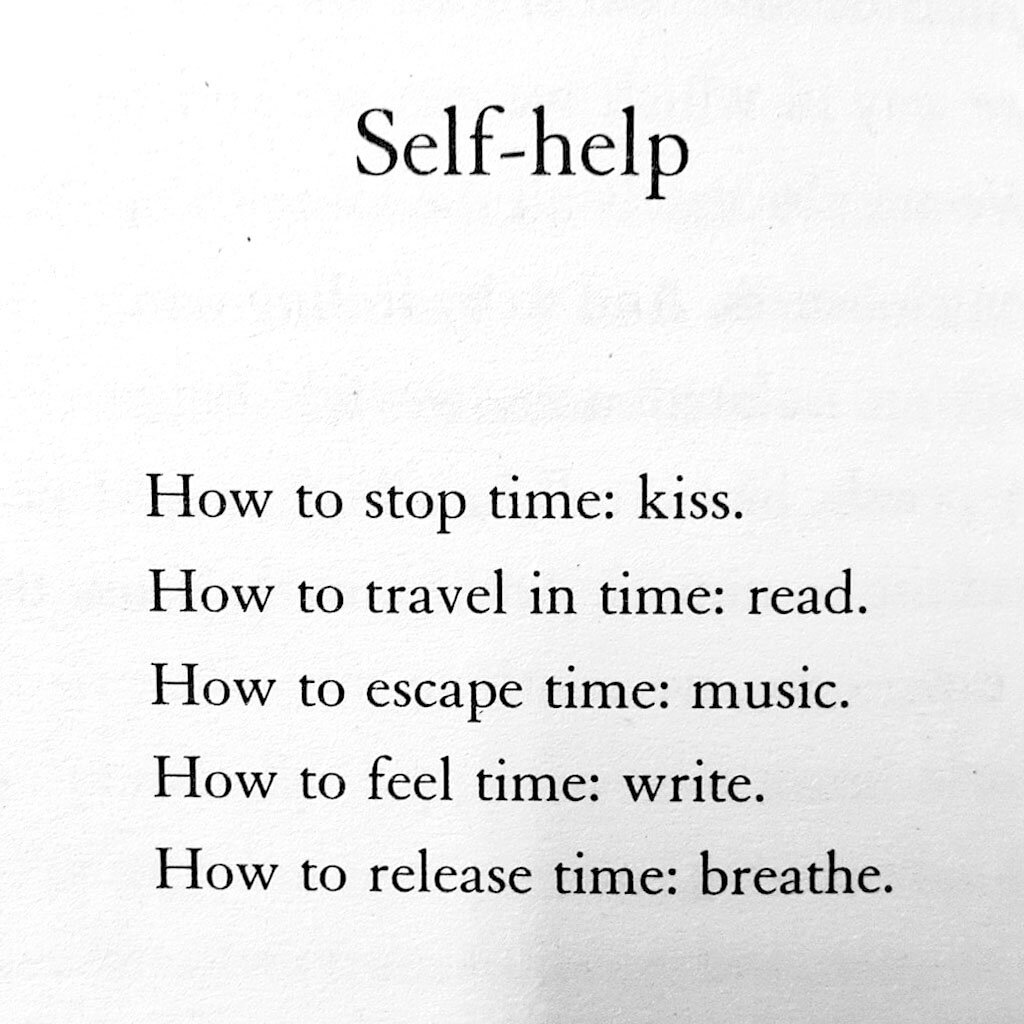
How to Reduce Belly Fat
What we eat and how much we eat has a lot to do with storing fat around our mid-section – and struggling to get rid of it. High-fat foods, cheese, and fatty meats are a good place to start, although excess calories of any kind can increase your waistline and contribute to belly fat.

Why Your Weight Fluctuates During the Day.
Weight on a scale is a funny thing – it may not be as accurate as you think. There are so many variables, the particular scale, the time of day, what you ate and drank the day before, when you went to the bathroom, how much water you’ve drunk, and when, menstruation, and on goes the list.

How Stress Affects Our Health and Wellbeing
Whether you are a stressed-out student cramming for final exams, an entrepreneur, stay-at-home mom, or CEO of a corporate company, we all experience tension and pressure to get everything done during an all-too-short day.

Getting Your pH Right!
While we’re not going to run you through an entire chemistry course here, we do want you to know how the pH level in the human body measures how acidic or alkaline it is.

LIVING LIFE RICHLY
It's the little things that make a big difference in the quality of our lives. Let's embrace these simple practices and have a more enriched, less stressed, more fulfilled life.

Benefits of Chocolate!
With so many kinds and forms of chocolate; let's look at which are most beneficial to your health.

How Artificial Sweeteners Make Us Gain Weight
Do you believe that eating “zero sugar” or “sugar-free” foods (like diet soda) will not make you get fat, or even that sugar-free will help you lose weight? Sorry to say, that belief is nothing more than a diet myth.

HARMFUL HOME PRODUCTS
From your couch to your dish towels, and your household cleaners to your flooring, there are many everyday household items that can be detrimental to our health.

Difference Between Good and Bad Cholesterol
Why is LDL cholesterol called the “bad” cholesterol and why is HDL called the “good”?

Triglycerides - What Are They?
Triglycerides are a type of fat in your blood. Oil, margarine, butter, and most other fats in your food are triglycerides and your blood absorbs them after you eat. But that’s not the only source. Your body also turns extra calories -- especially from “simple carbs” such as pastries, white bread, candy, sugar, and alcohol -- into triglycerides and stores them in fat cells.

What Is Cholesterol?
We've spoken before about fats: saturated, unsaturated, and trans fat – and how they affect cholesterol levels in our bodies. Today let’s learn more about what cholesterol is. And what it is not...

How to Lose that Resistant Fat Around Your Belly
We call that resistant fat around our midsection a muffin top, jelly-belly, or beer belly and no one wants it hanging around.
